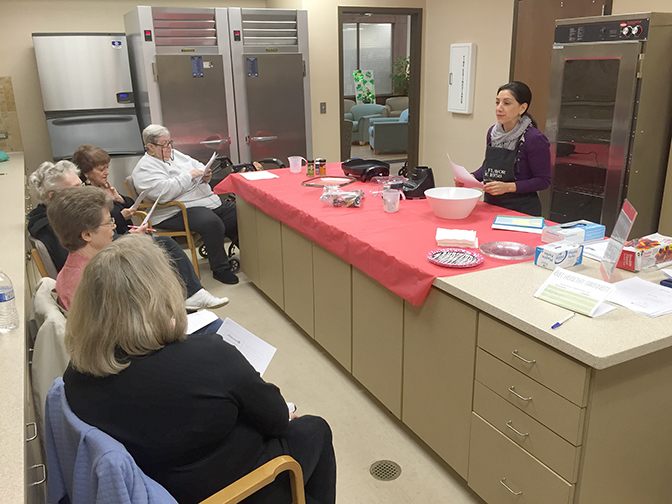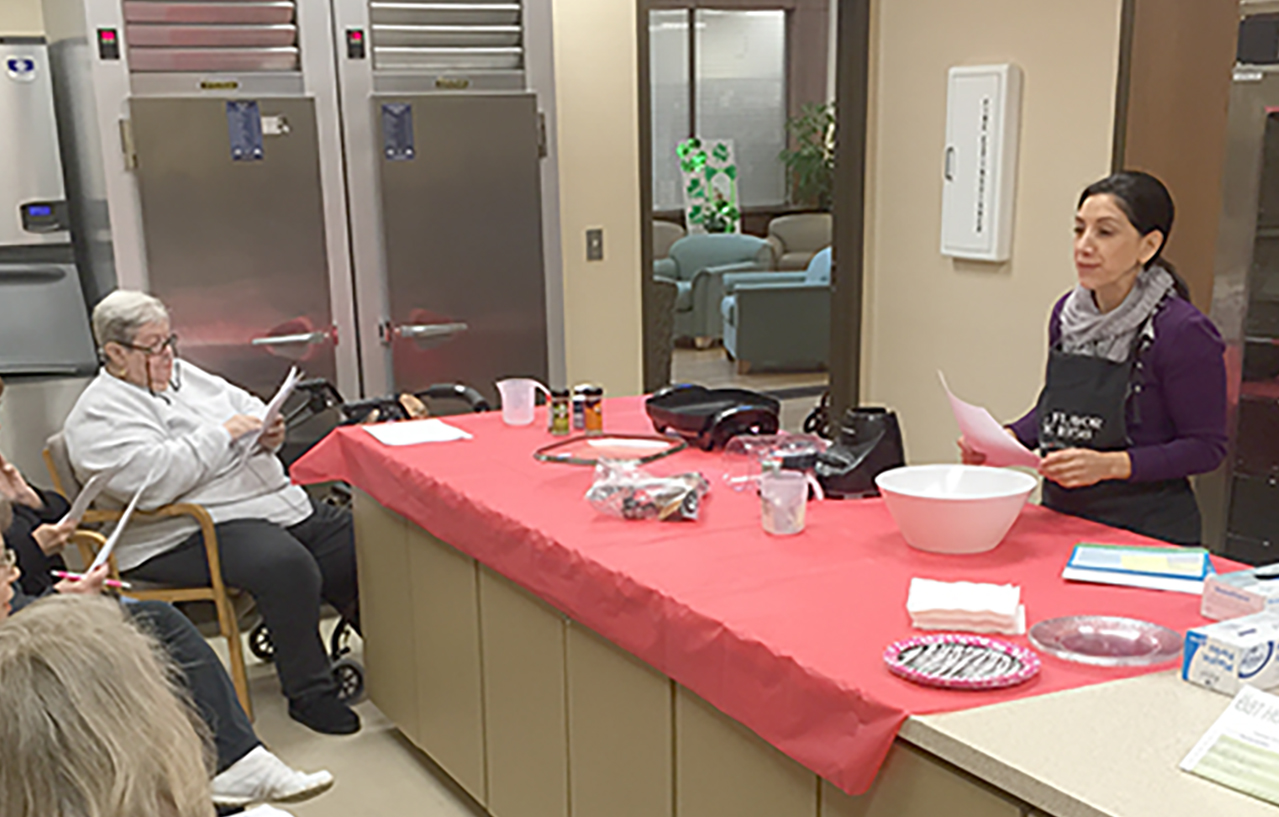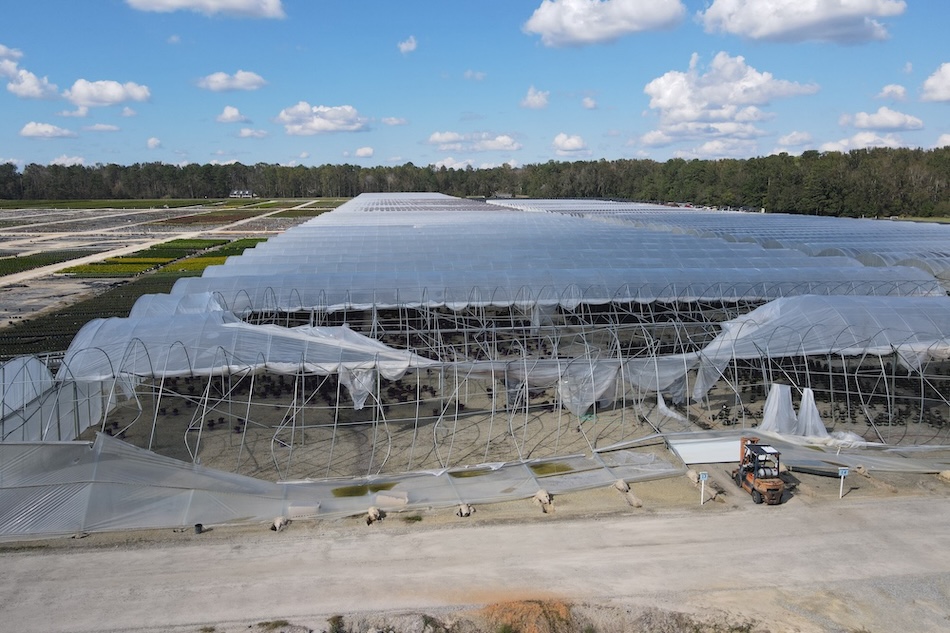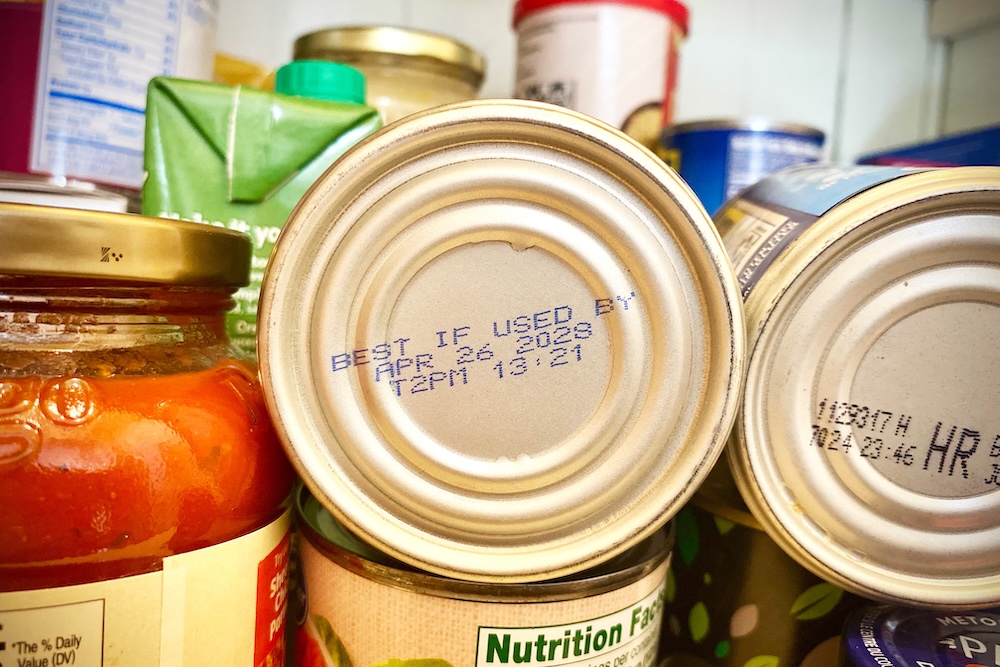To complete their mission of education and to fight the state’s obesity problem, University of Georgia Extension agents are teaching state residents about exercising and cooking healthier meals. These two simple acts can, and are, having dramatic effects across the state.
Extension family and consumer sciences agents have taught the Walk-a-Weigh program, which focuses on walking for exercise and learning to make healthier meals, since 1998.
In 2014, a team of agents from metro Atlanta-area counties partnered with Piedmont Healthcare to present Walk-a-Weigh as part of Piedmont Healthcare’s employee wellness program. Seventy-six Piedmont employees lost a total of 337 pounds over eight weeks. Collectively, the healthcare employees exercised for more than 900 hours and walked 1,300 miles.
Participants reported completing 30 minutes of physical activity daily, removing high-calorie snacks from their homes, reducing fat in recipes, reading nutrition labels when making food choices, consuming two or more dairy foods per day and recording their walking with a pedometer.
According to the Centers for Disease Control and Prevention’s Behaviorial Risk Factor Surveillance Survey, 28 percent of adults in Georgia are obese and 62.7 percent are obese or overweight. In Georgia, 26.4 percent of the Latino population is obese.
In Gwinnett County, UGA Extension agent Ines Beltran uses her bilingual skills to help Spanish-speaking residents with the Walk-a-Weigh program. According to the U.S. Census, Gwinnett County is home to more than 877,000 residents, and 20.4 percent are Hispanic or Latino — that’s nearly 179,000 residents Beltran is helping educate.
“Some Hispanics would not get health information if they had no one to speak in Spanish,” she said. “The information provided through Extension is such great, helpful material.”
In the Walk-a-Weigh program, Beltran teaches participants how to make healthy decisions when at a restaurant and how to cook with less fat and sugar. Each class begins with a lesson and ends with 20 minutes of exercise. The participants gradually increase their exercise time to 45 minutes over the 12-week period.
In nutrition classes, Beltran discusses MyPlate, a U.S. Department of Agriculture guide for healthy eating, with county residents. The lesson features a plate with the correct proportions of foods that people should be eating.
“People don’t like to measure their food, but they can use a plate to figure out proportions,” retired UGA Extension nutrition and health specialist Connie Crawley said. “MyPlate is so visually easy to teach. Participants can see a colorful plate and colorful food and pick up the message much quicker. That makes them more likely to follow the recommendations. It helps get people to eat more fruits and vegetables and reduce intake of animal protein.”
Beltran schedules a new session of the Walk-a-Weigh program as soon as a resident in Gwinnett County requests one.
Six years ago, Beltran met with community residents and realized that Gwinnett County needed to make lifestyle changes. “Nobody had a program like this and it worked perfectly because it’s what people were asking for,” Beltran said.
Class participants learn how to prepare home-cooked, healthy meals, like chili made with ground turkey and no added fat or oil. Beltran stresses the importance of cooking at home instead of eating out.
“Cooking at home is healthier because you can control the fat and salt that goes in your food,” Beltran said. “The class shows people how easy and inexpensive it is to cook at home.”
Beltran also provides information to her participants about screenings for different cancers like colorectal, breast and cervical cancer.
When taking part in the cancer prevention classes, participants that do not have insurance receive free cancer screenings. “I enjoy offering the cancer prevention program because participants get information and tests that they would not otherwise have access to,” Beltran said.
Beyond Gwinnett County, many other Extension agents across the state are improving lives by hosting Walk-a-Weigh and other Extension programs to promote healthy lifestyles.
Renee Dotson, county Extension coordinator for Gilmer County, began promoting the Walk-a-Weigh program many years ago. Like Beltran, Dotson uses the program to teach healthy living.
“It’s a healthy way to lose weight and be active,” Dotson said. “And, it’s something they can do for a lifetime.”
Through the Walk-a-Weigh program, Dotson has seen residents lose weight, lower their blood pressure and cholesterol levels, and gain knowledge on healthy living.
Rachel Stewart, Tattnall County Extension coordinator, is new to Walk-a-Weigh. She began using the program in August 2014 and incorporates UGA Extension’s Walk Georgia program.
“I integrate the two programs by showing how physical activity goes towards both programs,” she said. “I lead them to the Walk Georgia website, which has tips and recipes that go along with the material I teach in the Walk-a-Weigh program.”
Through UGA Extension, family and consumer science agents across the state teach Georgians how to live healthy lives.
“Some people know what they’re doing wrong and they want to make a change, but don’t know how to start,” Beltran said. “They need somebody to show them. They know their children need to eat better, but they don’t know what to cook for them; but if the parents lead by example, children will follow.”
Last year, UGA Extension agents taught 26 Walk-a-Weigh sessions. As a result, 260 participants lost a total of 1,110 pounds.
For tips from UGA Extension on eating healthy and losing weight, go to fcs.uga.edu/extension/health-lose-weight-exercise. To participate in Walk-a-Weigh, call your local UGA Extension office at 1-800-ASK-UGA1. To participate in Walk Georgia, visit walkgeorgia.org.
(Jordan Hill is an intern with the College of Agricultural and Environmental Sciences.








